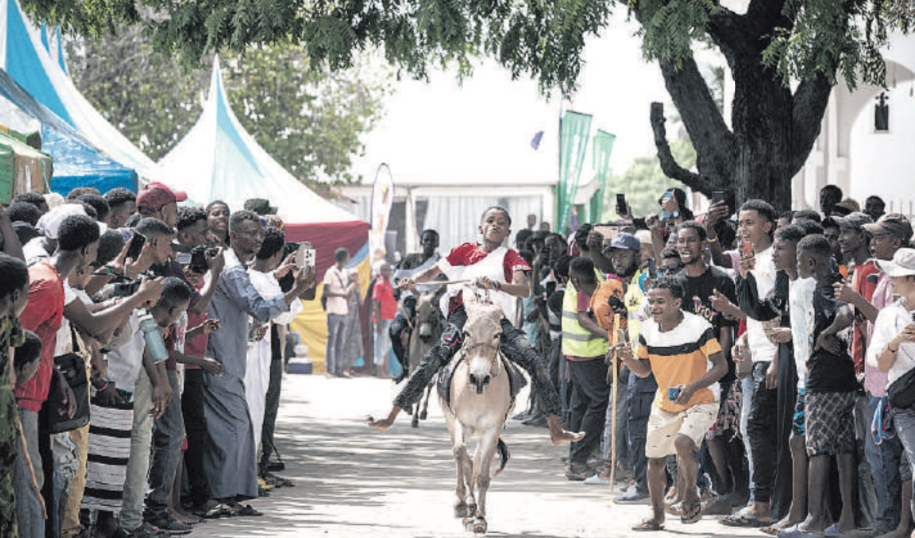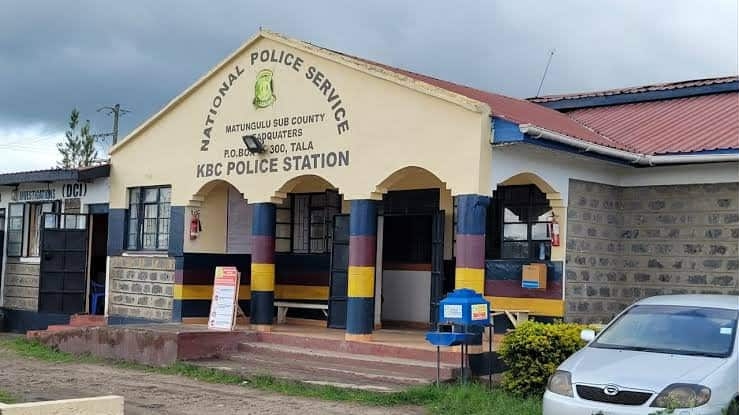
To which the villager asked what he would do with the extra cash as he was making enough to feed his family.
The astounded city man set out to explain as if he was tutoring a two-year-old that people work hard to aff ord things like holidays like the one he was currently enjoying.
The villager then asked the city man what he would do this time while on holiday. Th e city man stretched his arm ex- pansively pointing seawards asking the villager to look at the azure-co- loured sea, the stretches of white sand, the swaying of coconut trees in the breeze.
“Is this not beautiful?” he said.
The villager thought for a while and asked the city man whether he could see an old man dozing under a coconut tree 20 metres away to which the city man said he could.
The villager then informed the city man that that was his father and nei- ther of them are as flustered nor as wound up because of work as the city man seemed to be, yet we enjoy this holiday literally every day while you enjoy it for seven days a year.
“I don’t wish to be you,” the villager added.
This story however doesn’t speculate on what the natural second step an ambitious acquisitive city man would be liable to take which would most probably be exploitative leading to marginalisation of the villager and his community.
Marginalisation is defi ned as the process by which communities or groups are excluded from participa- tion of economic, political and social life fully.
This can occur in at least three distinct ways.
Economic marginalisation is when there is little access to resources and opportunities to elevate livelihoods.
With little formal income earning opportunities there is an inevitable increase in poverty and reliance on informal economic activities like street vending or anti-social behavior like burglary and robbery with violence.
President Obama captures the essence of economic marginalisation by stating that inequality is not just about the ‘haves’ and the ‘have-nots’; it’s about the can and the cannot.
A second form of marginalisation is political marginalisation.
This is when there is insuffi cient political power to be included in high-level decision making.
Th e population of Kiambu county amounts to about half the population of all six counties in the coastal region.
Democracy cannot simply be a mat- ter of counting heads but recognising that each head counts as the writer Edward Abbey wrote.
Geographical marginalisation is a third type of marginalization and is often identified by noting under- development in a region of public infrastructure, public services and amenities, and minute investment portfolio.
When the physical attributes of a region, whether topography, climate, ecosystems, soils, rivers or distance from the capital city jointly result in low living standards, the region is marginalised.
Yet the accident of geography should not, under a fair system of governance, limit a community.
Th e extent of street trade including vending, especially in the towns along the coastal counties, attest to a degree of economic marginalisation, just as the inability for the coastal MPs to successfully push for a coast-centric agenda like a coconut and Cashewnut Development Fund with similar pro- cedures like the existing Coffee Development Fund that has a Sh6 billion allocation.
While the abundance of the ocean remains largely unexploited, and when it is developed as in the case of Lamu port, there is no great dis- cernible benefi t to the residents.
The unexploited game changing sectors that would transform the coastal regions is in developing the blue economy and special economic zones both of which collectively could provide about 650,000 jobs.
Both these sectors are in the port-
folios of indigenous sons of the Coast,
CSs Hassan Joho (Blue Economy)
and Salim Mvurya (Investments and
Trade).
















